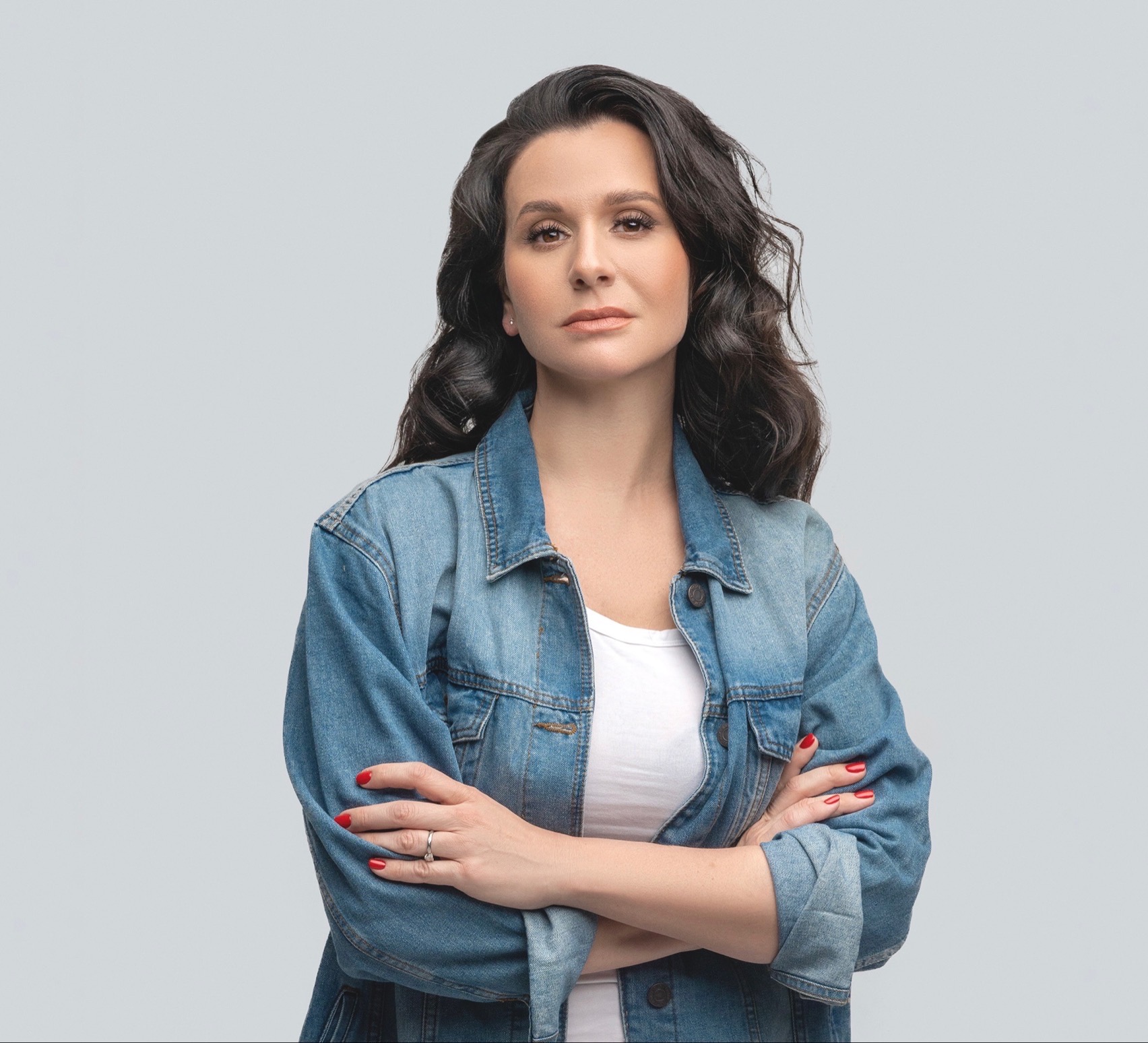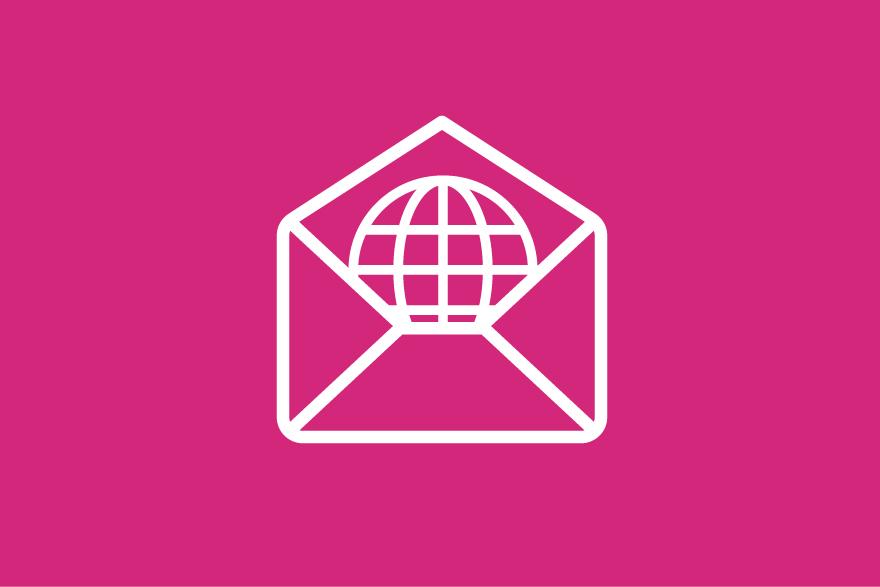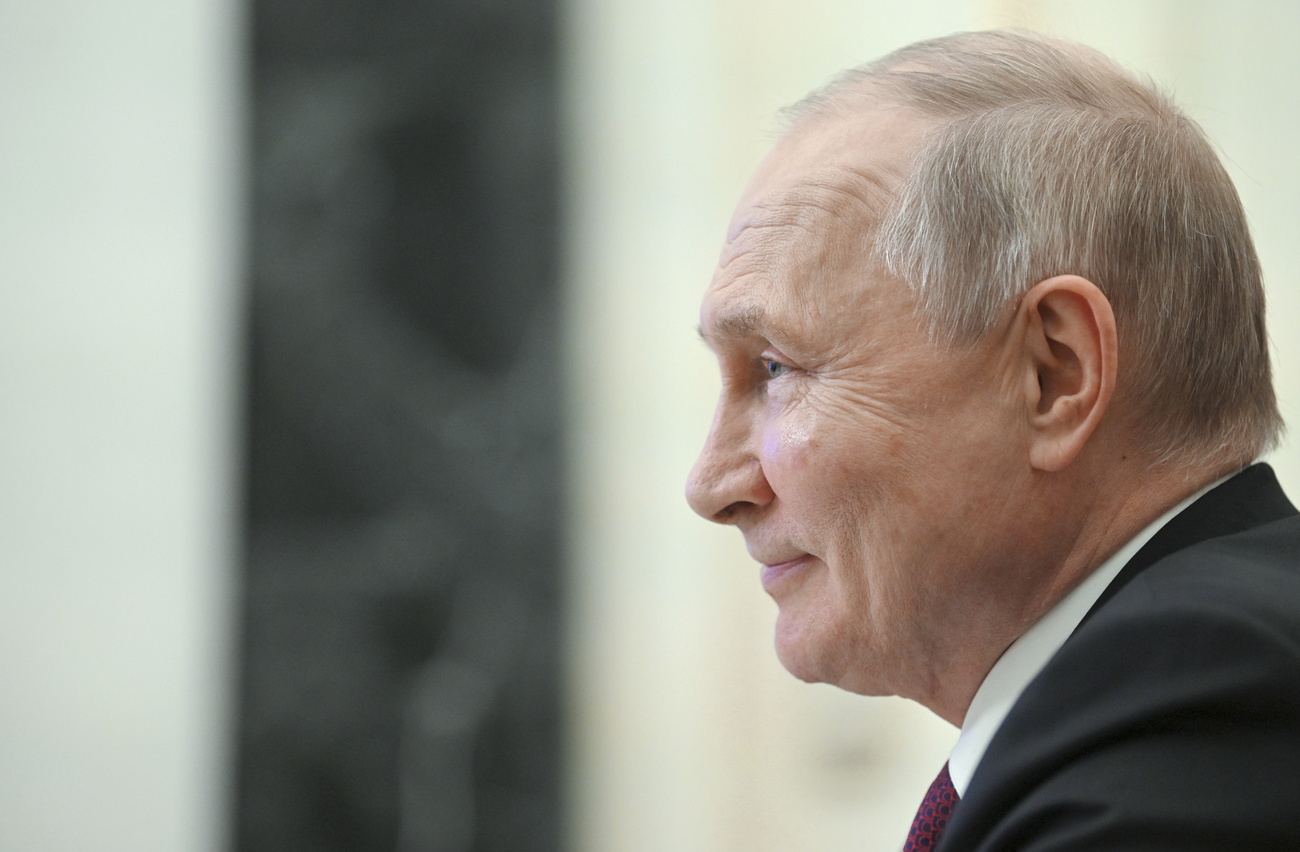
On August 13, Roskomnadzor, the state media regulator, restricted calls on WhatsApp and Telegram, calling them “main voice services used to deceive and extort money, and to involve Russian citizens in sabotage and terrorist activities”.
Natalia Kolesnikova / Keystone
Listen to the article
Listening the article
Toggle language selector
Generated with artificial intelligence.
A new report by Human Rights Watch shows how millions of Russians are increasingly struggling to get around restrictions on accessing international websites imposed by the government.
This content was published on
August 29, 2025 – 09:00
Elena Servettaz

I cover international relations with a focus on Switzerland, lead journalistic investigations, and conduct deeply personal interviews on challenging topics.
Over 25 years in journalism. Graduated from Moscow State University’s Faculty of Journalism and the French Press Institute in Paris. Former TV/radio host in France and Russia. I am a published author and documentary filmmaker who has interviewed presidents and rock stars.
Russia’s Internet, since the invasion of Ukraine in 2022, has become one of the most restricted digital spaces in the world. Facebook, YouTube, Instagram, news media and thousands of other sites are blocked. The system, known as RuNet, also operates in Russian-occupied territories in Ukraine.
Access to foreign websites is largely impossible without a VPN service, and yet these virtual private networks are increasingly being curbed for users. “Even VPNs, once a common tool to bypass censorship, are no longer reliable. Over half of the population doesn’t know how to use them,” Human Rights Watch said in a new reportExternal link.
Swissinfo asked Olga Sadovskaya, vice-chair of rights group The Crew Against TortureExternal link and vice-president of the World Organization Against TortureExternal link, to demonstrate how Russia’s digital Iron Curtain works with and without a VPN. [Spoiler: Swissinfo’s website doesn’t load in the country without one.]
Authorities began throttling access for YouTube’s 55 million daily users in Russia in July 2024. After that, nearly 40% of Russians turned to VPNs, according to the Levada Center, an independent research group. Russian officials described the move as a “forced measure”.
The crackdown has spread to messaging apps. On August 13, Roskomnadzor, the state media regulator, restricted calls on WhatsApp and Telegram, calling them “main voice services used to deceive and extort money, and to involve Russian citizens in sabotage and terrorist activities”. Google Meet quickly jumped to second place in free app downloads in the Russian App Store, TASS reported. But exiled media outletsExternal link say the service is already unstable, and a senior lawmaker has warned it too could be banned.
Russia is joining other authoritarian states in limiting web access, most notably China, which introduced what was labeled a “Great Firewall” in the late 1990s. Over the past decade, Beijing has steadily expanded restrictions. Swissinfo has been inaccessible in China for more than ten years. Services once available, including Skype and WhatsApp, which connected Chinese users to the outside world, are now fully blocked.
External Content
In Russia, public opinion is divided.
“The more popular a platform was, the fewer people were ready to fully support its blocking,” Levada Center director Denis Volkov toldExternal link Russian Forbes. Older Russians tend to back restrictions. In 2018, about half supported blocking Telegram.External link
Geopolitical sentiment mirrors these divisions. In May 2025, Russians named Belarus, China, Kazakhstan, India and North Korea as their closest allies. The most hostile states, in their view, were Germany, Britain, Ukraine, the United States and Poland. For the first time in two decades, the US slipped from the top spot on that list to fourth.
Edited by Tony Barrett/gw
More

More
Inside SWI
Our weekly newsletter on foreign affairs
Switzerland in a fast-moving world. Join us to follow the latest Swiss foreign policy developments. We offer the perfect immersive package.
Read more: Our weekly newsletter on foreign affairs
Articles in this story
Read more
Next
Previous

More
Debunking Russian propaganda on Switzerland
This content was published on
Sep 18, 2024
Russian authorities and official media claim that Swiss sanctions on Russia and Russian assets violate Switzerland’s neutrality. SWI swissinfo.ch fact checks these claims.
Read more: Debunking Russian propaganda on Switzerland

More
Dmitry Muratov: ‘I’m not afraid to live without hope’
This content was published on
Aug 14, 2025
Dmitry Muratov, a Nobel Peace Prize laureate and former editor-in-chief of the Russian newspaper Novaya Gazeta, talks to Swissinfo about truth in the era of digital autocracies.
Read more: Dmitry Muratov: ‘I’m not afraid to live without hope’
